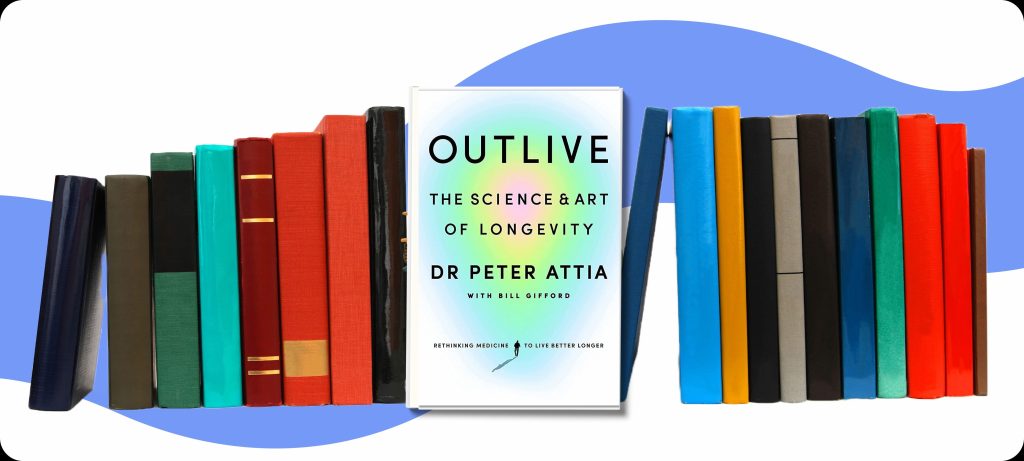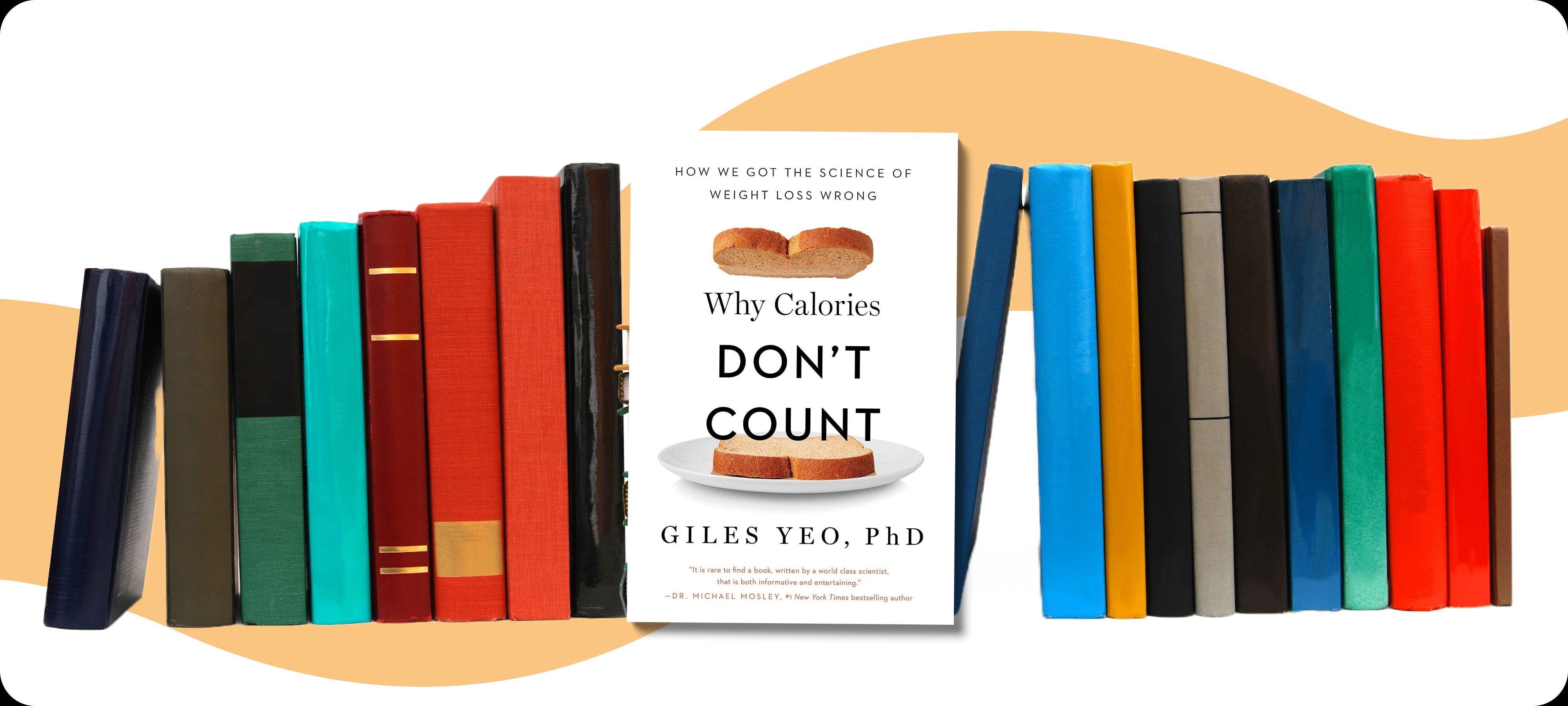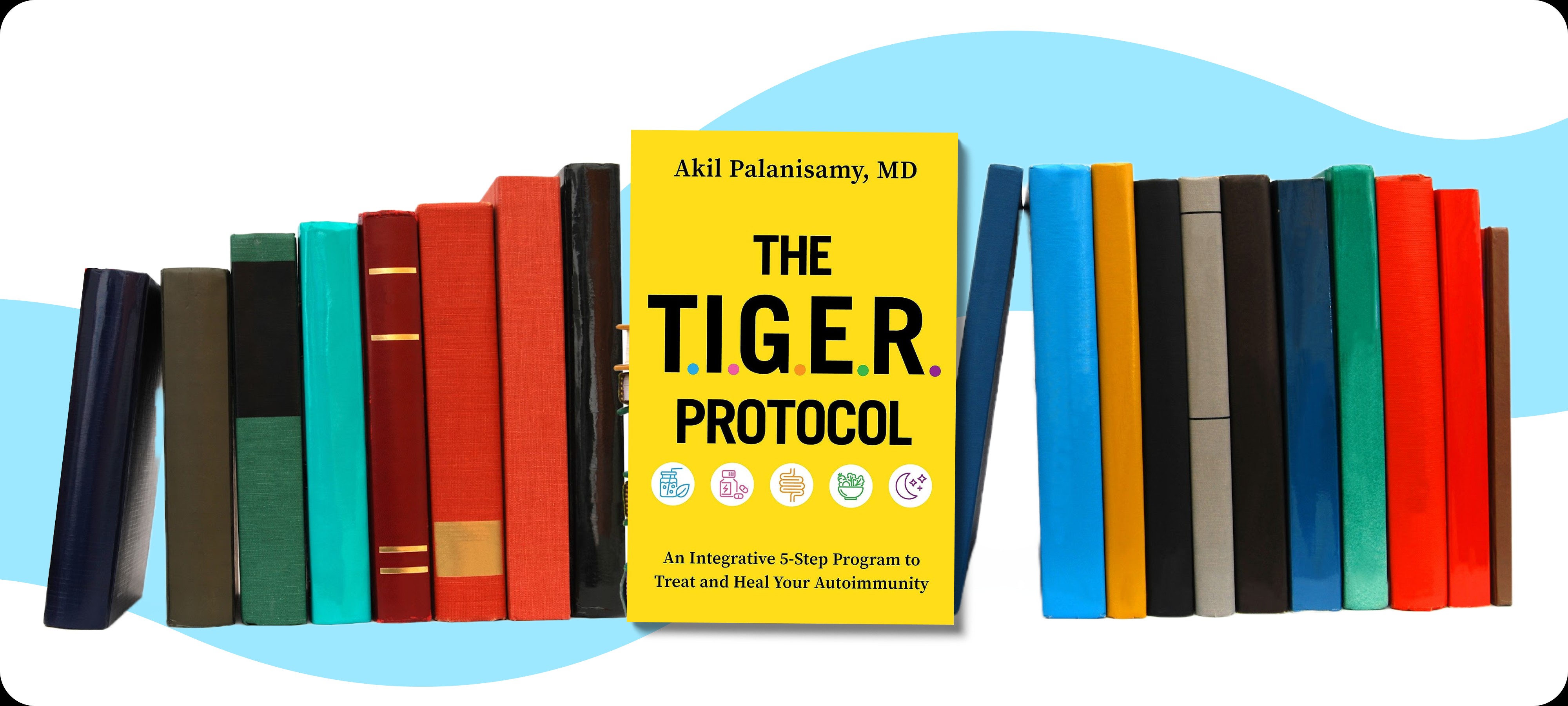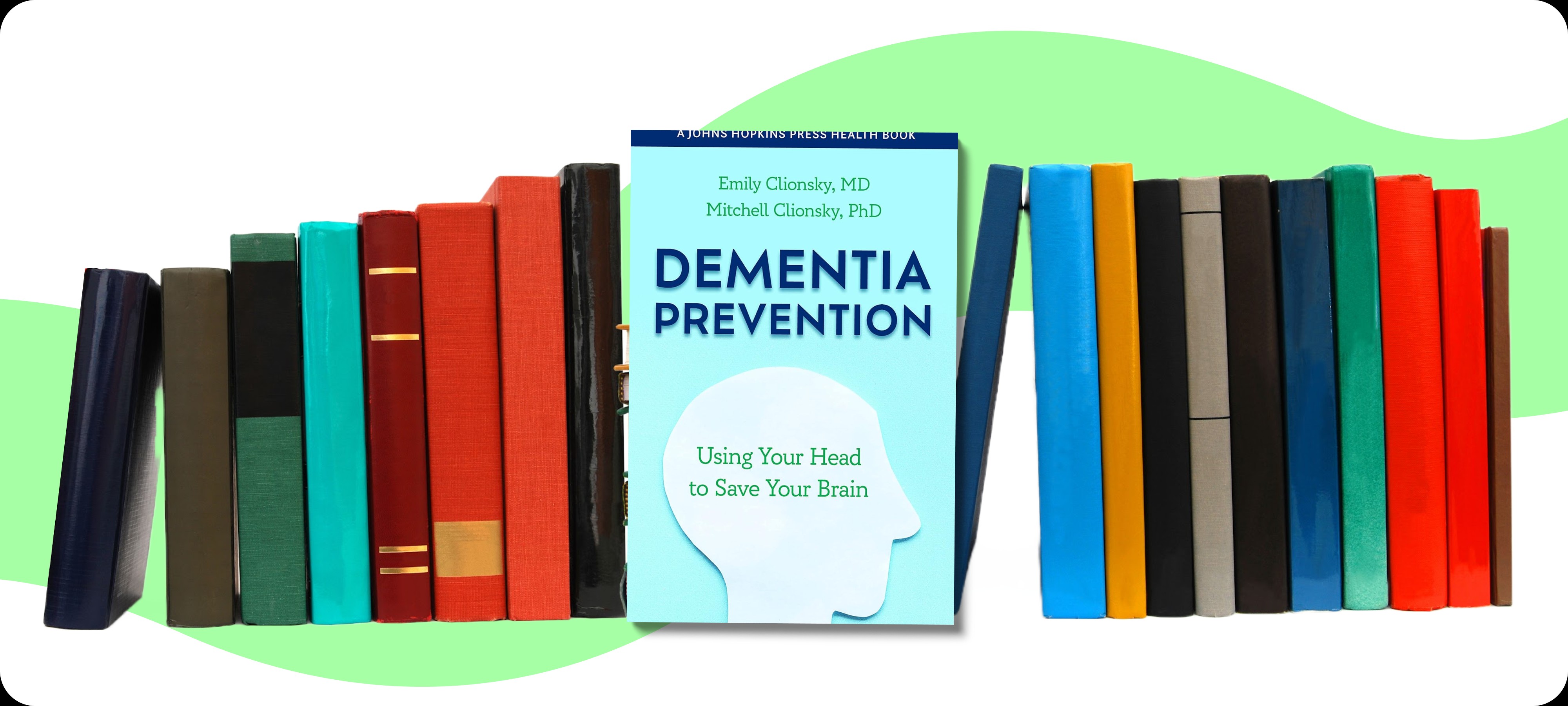'A groundbreaking manifesto on living better and longer that challenges the conventional medical thinking on ageing and reveals a new approach to preventing chronic disease and extending long-term health, from a visionary physician and leading longevity expert.'
The number of self-help books on the topic of health is immense. Among books about nutrition, brain health disease prevention, breathing and so on the book ‘Outlive‘ by Peter Attia stands out by being a full-stack read on longevity.
Published in 2023, the book delves into cutting-edge scientific studies on longevity and offers practical advice and strategies for enhancing and prolonging lifespan. By providing a well-rounded approach to the journey of long life, ‘Outlive‘ considers various aspects, including not only medications or supplements but also aspects such as heart and brain health, cardiovascular fitness (VO2 max), proper breathing, sleep, monitoring one’s glucose levels and many other crucial health topics.
In this review, we will take a closer look at the very book and its contents to prove that ‘Outlive’ is a must-read for anyone willing to expand their knowledge on the topic of longevity.
Author’s background

Dr. Peter Attia, MD, is a renowned figure in medicine and longevity. He received his medical degree at Stanford University School of Medicine and honed his surgical skills at Johns Hopkins Hospital. His research at the National Cancer Institute focused on innovative immune-based therapies for melanoma.

Driven by a passion for advancing medical knowledge, he serves on the editorial board of the journal Aging and hosts the popular podcast, The Drive, where he engages with a wide audience on topics related to health, medicine, and longevity. With his extensive background and dedication to sharing knowledge, Dr. Attia brings credibility and expertise to his book on longevity.
What is the book about?

‘Outlive: A Guide to Longevity‘ by Peter Attia is a highly regarded book that delves into the topic of longevity and disease prevention. Peter Attia critiques the current medical system (he calls it medicine 2.0) that primarily focuses on treating illnesses rather than preventing them. He advocates for a shift toward prevention (medicine 3.0) to help people avoid diseases in the first place.
‘Outlive‘ covers a vast variety of longevity-related topics. The book addresses the leading cause of death in the United States, heart disease, which personally concerns Peter due to his family history. He explores the benefits of a ketogenic diet rich in monounsaturated fats, such as extra virgin olive oil, macadamia nuts, and avocados. Peter believes that a properly followed ketogenic diet can promote heart health and potentially prevent Alzheimer’s disease.
The book also outlines the importance of oral health, as certain mouth microbes linked to gum disease can also cause problems elsewhere in the body, including neurodegeneration. Daily teeth flossing and regular sauna use (surprising, isn’t it?) are recommended for both preventing heart disease and neurodegeneration.
Peter Attia also deeply explores the role of Omega-3 fatty acids as potential preventive measures for heart disease and neurodegenerative conditions. Peter suggests taking high-quality omega-3 supplements to ensure optimal levels, as they are often deficient in many people. Exercise is emphasised as the best longevity strategy, benefiting both the heart and the brain, but it’s crucial to exercise correctly and avoid injuries.
Thus, ‘Outlive‘ by Peter Attia provides valuable insights into longevity and disease prevention, emphasising the importance of addressing health issues through lifestyle changes before the actual malady appears.
Table of contents

- Introduction
- Part I
- CHAPTER 1: The Long Game: From Fast Death to Slow Death
- CHAPTER 2: Medicine 3.0: Rethinking Medicine for the Age of Chronic Disease
- CHAPTER 3: Objective, Strategy, Tactics: A Road Map for Reading This Book
- Part II
- CHAPTER 4: Centenarians: The Older You Get, the Healthier You Have Been
- CHAPTER 5: Eat Less, Live Longer: The Science of Hunger and Health
- CHAPTER 6: The Crisis of Abundance: Can Our Ancient Genes Cope with Our Modern Diet?
- CHAPTER 7: The Ticker: Confronting — and Preventing — Heart Disease, the Deadliest Killer on the Planet
- CHAPTER 8: The Runaway Cell: New Ways to Address the Killer That Is Cancer
- CHAPTER 9: Chasing Memory: Understanding Alzheimer’s Disease and Other Neurodegenerative Diseases
- Part III
- CHAPTER 10: Thinking Tactically: Building a Framework of Principles That Work for You
- CHAPTER 11: Exercise: The Most Powerful Longevity Drug
- CHAPTER 12: Training 101: How to Prepare for the Centenarian Decathlon
- CHAPTER 13: The Gospel of Stability: Relearning How to Move to Prevent Injury
- CHAPTER 14: Nutrition 3.0: You Say Potato, I Say “Nutritional Biochemistry?
- CHAPTER 15: Putting Nutritional Biochemistry into Practice: How to Find the Right Eating Pattern for You
- CHAPTER 16: The Awakening: How to Learn to Love Sleep, the Best Medicine for Your Brain
- CHAPTER 17: Work in Progress: The High Price of Ignoring Emotional Health
- Epilogue
- Acknowledgments
- Notes
- References
- Index
Key takeaways from the book

1Fats are actually beneficial for your heart
Heart disease is a leading death cause all over the world. Various solutions to ward off the disease were brought forward with lowering fat consumption being one of them. In ‘Outlive’, Peter Attia discusses a completely different approach in heart disease prevention. He talks about the benefits of following a ketogenic diet that is mostly composed of monounsaturated fats like extra virgin olive oil, macadamia nuts, and avocados. He believes that a ketogenic diet, when done correctly, can be beneficial for heart health and may also help prevent Alzheimer’s disease. He acknowledges that it can be challenging to follow a ketogenic diet, but even incorporating plenty of extra virgin olive oil and nuts into your diet can do wonders for your heart and brain.
Peter is sceptical of many human clinical trials but finds the PrediMed trial to be quite convincing. This study divided 7,447 people at high risk of developing heart disease into three groups and found that those following a high-fat Mediterranean diet, particularly with olive oil or nuts, had better cardiovascular health and improved memory compared to those following a low-fat diet.
2Learning how to sleep is one of the longevity keys
Learning how to sleep effectively is one of the key factors contributing to longevity, according to Peter’s book. The importance of getting good and sufficient sleep, ideally six to nine hours per night, cannot be overstated. Not only does sleep benefit the brain and overall well-being, but it also plays a vital role in clearing harmful substances like Tau and amyloid beta from the brain, as emphasised in a dedicated chapter on sleep. By prioritising adequate sleep, individuals can significantly reduce the risks of neurodegeneration, heart disease, depression, and even car accidents.
On the flip side, poor quality sleep has been associated with an array of health concerns, including increased susceptibility to heart attacks, type 2 diabetes, Alzheimer’s disease, elevated triglycerides, lower testosterone levels, and a weakened immune system.
To optimise sleep quality, Peter offers practical recommendations. It is advised to create a sleep-friendly environment by ensuring a dark and cool room. Additionally, minimising alcohol consumption, particularly at night, and moderating coffee intake can positively impact sleep.
3Stress management is vital
Stress is a risk factor for 75-90% of all diseases and its management is vital for a healthy and long life.
In the book, the author explores the advantages of various stress reduction practices, including mindfulness meditation, deep breathing, and other relaxation methods. Therefore, when faced with a situation that triggers the body’s ‘fight or flight’ response, such as someone cutting you off on the road, it is worth considering employing these techniques. Not only can they provide immediate relief, but they may also yield long-term benefits for overall well-being.
Overall rating & strengths and weaknesses according to readers’ reviews

Strengths
-
Extensive healthcare information: This book is a valuable source of comprehensive healthcare information, making it a must-read for anyone interested in improving their health and lifespan.
-
Emphasis on preventive medicine: The book introduces the concept of Medicine 3.0, which focuses on preventing chronic diseases rather than just treating them reactively. It covers strategies to prevent metabolic syndrome, cardiovascular disease, cancer, and neurodegenerative diseases, and dedicates a section to emotional health, which is considered crucial.
-
Holistic approach: The book addresses various aspects of health, including physical exercise, sleep, mental health, and nutrition. It particularly emphasises the importance of strength training for aging well and highlights the significance of protein consumption.
-
Accessible and engaging: Despite dealing with medical topics, the book successfully presents the information in a way that is accessible to both specialists and general readers. The technical aspects are simplified without compromising the quality of the content.
Weaknesses
-
Lack of footnotes: The absence of footnotes within the body of the text can be inconvenient. It requires readers to search for relevant notes in the back of the book, making it disrupting the flow of reading.
-
Neglect of genetic factors: Even though the environmental factors are crucial for longevity, the influence of genetics shouldn’t be underestimated. The book fails to adequately address the genetic factors that contribute to longevity, despite mentioning centenarians.
Best quotes from ‘Outlive’

"In July of 2009, a study published in Science found that rhesus monkeys that had been fed a reduced-calorie diet for more than two decades had lived markedly longer than those who were allowed to eat freely."
"Poor or disordered breathing can affect our motor control and make us susceptible to injury, studies have found. In one experiment, researchers found that combining a breathing challenge (reducing the amount of oxygen available to study subjects) with a weight challenge reduced the subjects’ ability to stabilize their spine. In real-world terms, this means that someone who is breathing hard (and poorly) while shoveling snow is putting themselves at increased risk of a back injury. It’s extremely subtle, but the way in which someone breathes gives tremendous insight to how they move their body and, more importantly, how they stabilize their movements."
Final takeaway

The book ’Outlive’ by Peter Attia is a comprehensive read that considers both traditional and the newest concepts that contribute to one’s lifespan. By covering a vast scope of topics ranging from heart health to proper breathing and sleep hygiene, ’Outlive’ would be a perfect read for people who do not have extensive background in the very topic and are looking for actionable information to enhance their well-being and overall health.
Where to buy
You may purchase ’Outlive’ on Amazon at the best price. It is available in Kindle, hardcover, and audio versions, so you are free to choose the format that suits you best.









